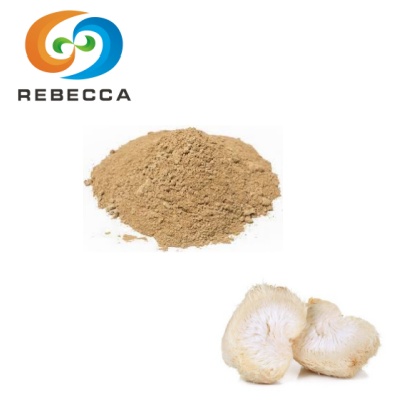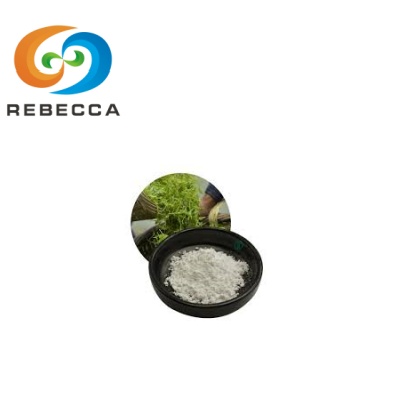How much siberian ginseng extract should I take daily?
Siberian ginseng, also known as Eleutherococcus senticosus, has gained popularity as a natural supplement due to its potential health benefits. As more people turn to this adaptogenic herb, questions arise about proper dosage and usage. In this comprehensive guide, we'll explore the recommended dosage of siberian ginseng extract for adults, how dosage may vary based on health goals, and potential risks associated with exceeding recommended amounts.
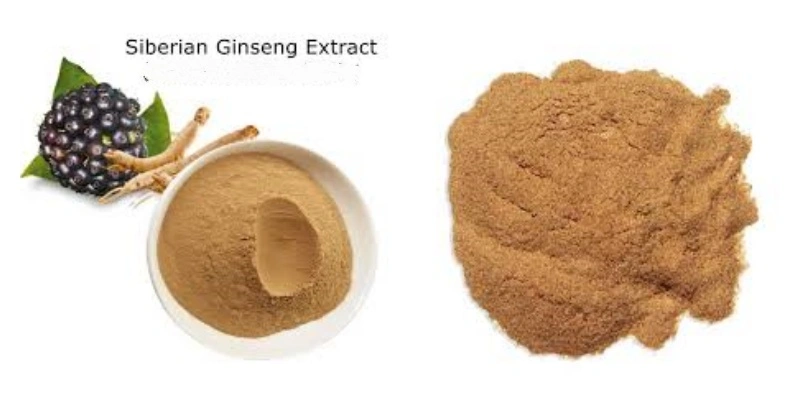
What is the Recommended Dosage of Siberian Ginseng Extract for Adults?
Determining the ideal dosage can be challenging, as it may vary depending on factors such as age, health status, and specific health goals. However, general guidelines can help you make informed decisions about your supplement regimen.
For adults, the typical recommended dosage of Siberian ginseng root extract ranges from 300 to 1,200 mg per day, divided into two or three doses. This dosage is based on extracts standardized to contain 0.8% to 1.2% eleutherosides, the active compounds responsible for many of the herb's benefits.
It's important to note that Siberian ginseng is available in various forms, including capsules, tablets, liquid extracts, and powders. The dosage may vary depending on the form and concentration of the product you choose. Always follow the manufacturer's instructions or consult with a healthcare professional for personalized advice.
When starting, it's generally recommended to begin with a lower dose and gradually increase it over time. This approach allows your body to adjust to the supplement and helps you monitor any potential side effects or reactions.
Research suggests that Siberian ginseng is most effective when taken cyclically. A common recommendation is to take the supplement for 6 to 8 weeks, followed by a 2-week break before resuming use. This cycle helps prevent tolerance and may enhance the herb's effectiveness.

How Does the Dosage Vary Based on Health Goals?
The optimal dosage of Siberian ginseng extract may vary depending on your specific health goals. Here are some common uses and their associated dosage recommendations:
1. Stress and Fatigue Management: For general stress relief and combating fatigue, a daily dose of 300 to 600 mg of Siberian ginseng extract is often recommended. This dosage may help improve energy levels, mental clarity, and overall well-being.
2. Immune System Support: To boost immune function, doses ranging from 400 to 800 mg per day have been studied. Some research suggests that higher doses within this range may be more effective for enhancing immune response.
3. Athletic Performance: Athletes looking to improve endurance and recovery may benefit from doses between 800 to 1,200 mg daily. It's important to note that the effects of Siberian ginseng on athletic performance may vary, and more research is needed in this area.
4. Cognitive Function: For potential cognitive benefits, such as improved memory and mental performance, doses of 300 to 900 mg daily have been used in studies. The effects may be more pronounced in older adults or those experiencing cognitive decline.
5. Blood Sugar Management: Some research has explored the potential of Siberian ginseng in supporting blood sugar control. Doses ranging from 300 to 1,200 mg daily have been studied, but it's crucial to consult with a healthcare provider before using Siberian ginseng for this purpose, especially if you have diabetes or are taking medications that affect blood sugar levels.
It's important to remember that these dosage recommendations are general guidelines. Individual responses to Siberian ginseng extract may vary, and what works best for one person may not be ideal for another. Always consult with a healthcare professional to determine the most appropriate dosage for your specific needs and health conditions.

Are There Any Risks Associated with Exceeding the Recommended Dosage?
While Siberian ginseng is generally considered safe when used as directed, exceeding the recommended dosage can potentially lead to adverse effects. It's crucial to understand these risks and adhere to proper dosing guidelines to ensure safe and effective use of the supplement.
Some potential risks include:
1. Insomnia and Sleep Disturbances: Siberian ginseng has stimulant-like properties, and taking high doses, especially late in the day, may interfere with sleep patterns. This can lead to difficulty falling asleep or maintaining restful sleep.
2. Headaches and Dizziness: Excessive intake of Siberian ginseng has been associated with headaches and dizziness in some individuals. These symptoms may be more pronounced in those sensitive to the herb's effects.
3. Anxiety and Irritability: While Siberian ginseng is often used to combat stress, taking too much can paradoxically increase feelings of anxiety and irritability in some people. This is likely due to its stimulant-like effects on the nervous system.
4. Elevated Blood Pressure: Some studies suggest that high doses of Siberian ginseng may temporarily increase blood pressure. This effect is particularly concerning for individuals with hypertension or those taking blood pressure medications.

5. Gastrointestinal Distress: Overconsumption of Siberian ginseng root extract may lead to digestive issues such as nausea, diarrhea, or stomach discomfort. These symptoms are often dose-dependent and may resolve with reduced intake.
6. Hormonal Imbalances: Siberian ginseng contains compounds that may influence hormone levels, particularly estrogen. Excessive use could potentially lead to hormonal imbalances, which is of particular concern for individuals with hormone-sensitive conditions.
7. Drug Interactions: Higher doses of Siberian ginseng may increase the risk of interactions with certain medications, including blood thinners, diabetes medications, and drugs metabolized by the liver. It's crucial to consult with a healthcare provider if you're taking any medications.
To minimize these risks, it's essential to adhere to the recommended dosage guidelines and avoid exceeding the maximum suggested daily intake. If you experience any adverse effects while taking Siberian ginseng extract, discontinue use and consult with a healthcare professional.
It's also worth noting that the quality and purity of Siberian ginseng products can vary significantly. Always choose supplements from reputable manufacturers that follow good manufacturing practices and provide third-party testing results. This helps ensure that you're getting a high-quality product with accurate dosing information.
Siberian Ginseng Extract Supplier
Understanding the proper dosage and potential risks associated with Siberian ginseng extract is crucial for safe and effective use. While this herb offers numerous potential health benefits, it's important to approach its use with caution and respect for its potency. Always start with the lowest effective dose and consult with a healthcare professional before incorporating Siberian ginseng into your wellness routine, especially if you have pre-existing health conditions or are taking medications.
Rebecca Bio-Tech is a professional Siberian ginseng extract powder manufacturer in China, producing 24 tons of the extract annually. For more product information, please contact us at information@sxrebecca.com to request samples, and detailed specifications or to discuss your custom requirements. Our team of experts is ready to assist you in finding the right Siberian ginseng extract solution for your needs, ensuring quality and compliance with international standards.
References:
- Panossian A, Wikman G. Effects of Adaptogens on the Central Nervous System and the Molecular Mechanisms Associated with Their Stress-Protective Activity. Pharmaceuticals. 2010;3(1):188-224.
- Kimura Y, Sumiyoshi M. Effects of various Eleutherococcus senticosus cortex on swimming time, natural killer activity and corticosterone level in forced swimming stressed mice. J Ethnopharmacol. 2004;95(2-3):447-453.
- Steinmann GG, Esperester A, Joller P. Immunopharmacological in vitro effects of Eleutherococcus senticosus extracts. Arzneimittelforschung. 2001;51(1):76-83.
- Eschbach LF, Webster MJ, Boyd JC, McArthur PD, Evetovich TK. The effect of siberian ginseng (Eleutherococcus senticosus) on substrate utilization and performance. Int J Sport Nutr Exerc Metab. 2000;10(4):444-451.
- Cicero AF, Derosa G, Brillante R, Bernardi R, Nascetti S, Gaddi A. Effects of Siberian ginseng (Eleutherococcus senticosus maxim.) on elderly quality of life: a randomized clinical trial. Arch Gerontol Geriatr Suppl. 2004;(9):69-73.
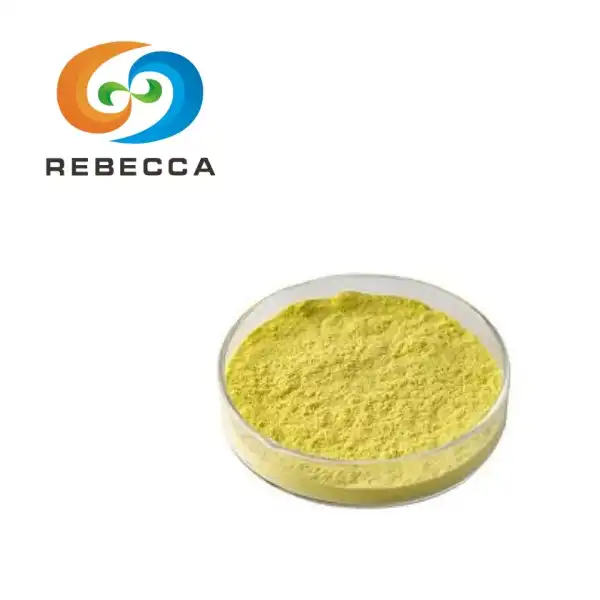
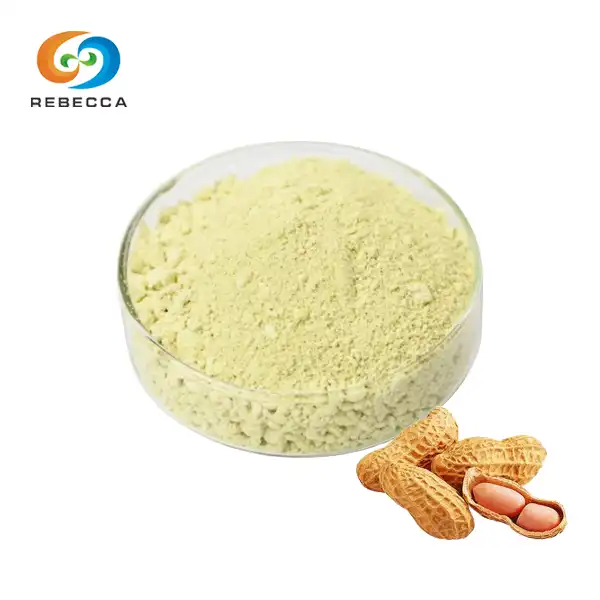
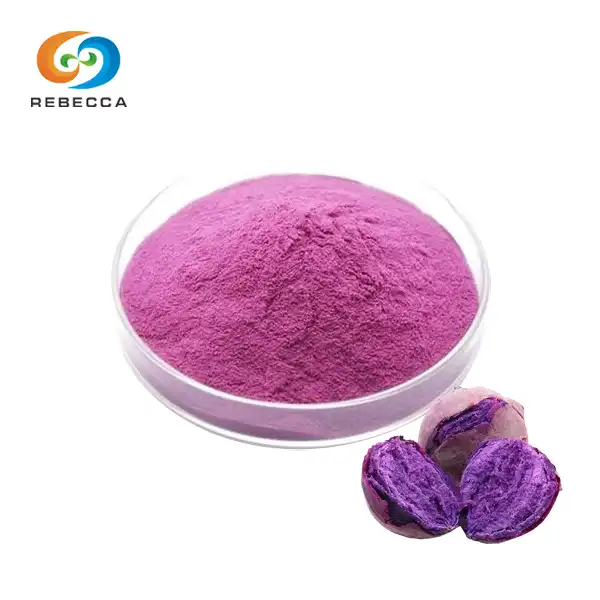
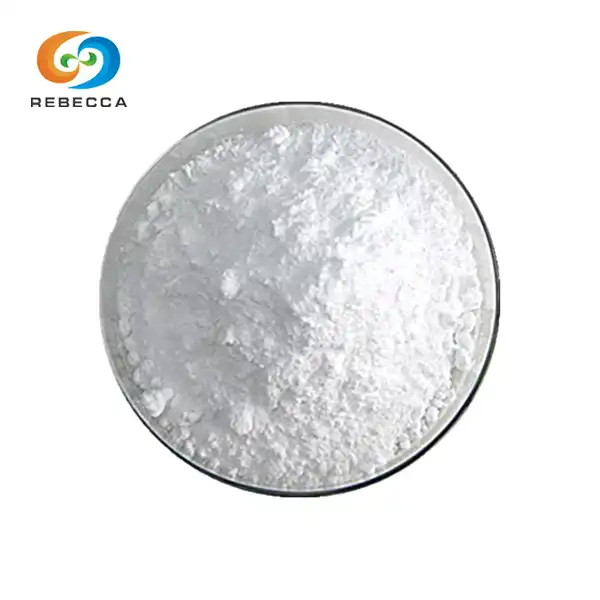
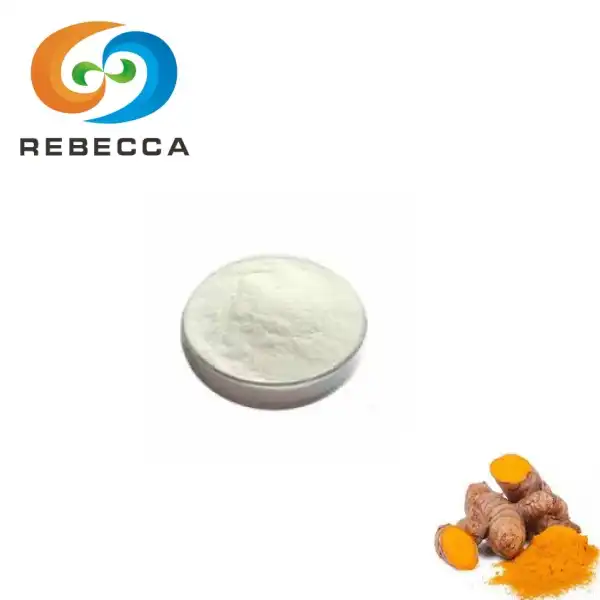
_1747205699273.webp)
